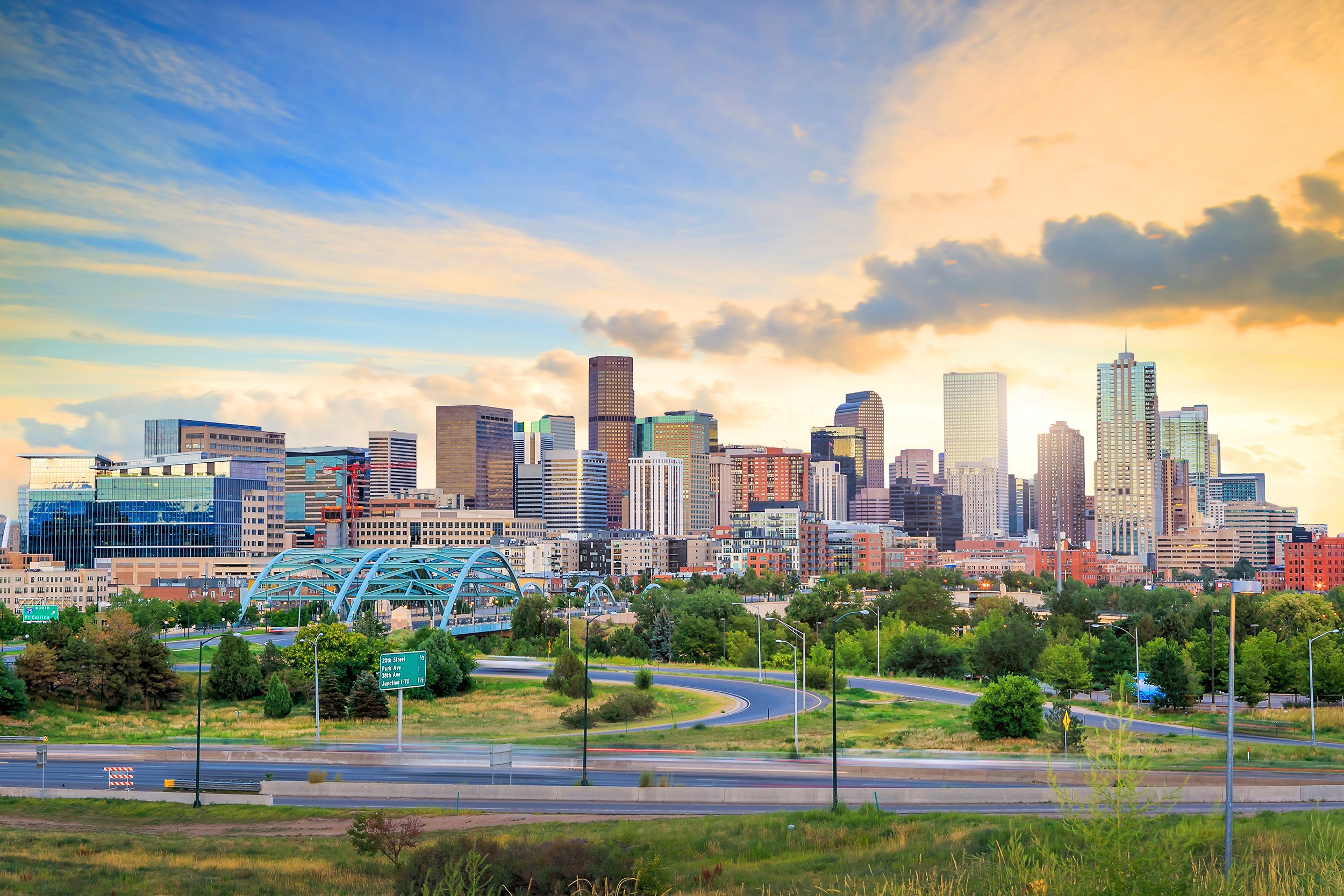
RESILIENT BUILDINGS DRIVE MORE VALUE. WE SERVE building OWNERS, OPERATORS and MANAGERS as a collaborative team of experienced channel partners, technical analysts and domain specialists. WE WORK across core building resource channels to improve cost control, waste reduction and supply chain reliability. CONTACT US
UTILITIES
COST CONTROL
RELIABILITY
SOURCING
WASTE
AUDIT
REDUCTION
ANALYTICS
SUSTAINABILITY
REPORTING
EFFICIENCY
COMMUNICATION
TECHNOLOGY
DATA
AUTOMATION
PERFORMANCE
OUR
With a focus on trust, transparency and collaboration, we work with our clients, partners and suppliers to source and improve lean supply chain practices, platforms and tools to reduce Total Cost of Ownership (TCO) and Waste (Y) in all its forms (e.g. Energy, CapEx / OpEx, Risk, Time, Material) over time (X) from “current state” or Present Mode of Operation (PMO) toward Y = ZERO — for a leaner, more resilient “future state” or Future Mode of Operation (FMO).
We build resilience via trusted and tested lean supply chain principles, partnerships, and processes.
OUR EXPERIENCE
Over three decades of experience developing and improving building infrastructure supply chain processes and systems, supplier performance metrics and contract negotiation strategies.
Our experience and focus on reducing waste in all its forms helps building owners track performance, mitigate risk and improve efficiency across core building cost centers.
FAQs
-
START WITH (Y)
Supply Chain performance metrics start with (Y), ie, establish relevant Y-axis values to map where we’ve been, where we are today and ultimately, where we’re going. Yet, the map is not the territory, so we identify, source and integrate the supply chain resources and tools we need to navigate effectively — simply put, we prepare to meet the changes, variables and challenges ahead.
Building resilience and sustainability best practices track decades upstream to core supply chain management principles, strategies and integrated business processes. Supply chains, suppliers and contracts play a critical role in building resilience for businesses and organizations. Resilience in supply chains means the ability to respond effectively to sudden or unexpected changes, disruptions, or crises, such as inflation, market volatility, natural disasters, pandemics, trade disruptions, or cyber-attacks. Here are some ways supply chains can drive building resilience:
Diversification: Organizations can build resilience by diversifying their supply chains. By having multiple suppliers for key materials or components, organizations can drive competitive sourcing practices to reduce their dependence on a single source and reduce the impact of disruptions.
Visibility and transparency: Organizations can increase their resilience by having greater visibility and transparency into their supply chains. This involves tracking and monitoring their supply chains to identify potential disruptions and having contingency plans in place to respond quickly.
Collaboration: Collaboration between different stakeholders in the supply chain, including suppliers, customers, and logistics partners, can help build resilience. By working together, stakeholders can share knowledge, expertise, and resources to address potential disruptions and maintain the flow of goods and services.
Agility: Supply chains that are agile and flexible are better able to adapt to changing circumstances and respond to disruptions. Organizations can build agility into their supply chains by developing processes and systems that can quickly respond to changes in demand, supply, or logistics.
Technology: Advancements in technology, such as data analytics, artificial intelligence, and blockchain, can help organizations build more resilient supply chains. By leveraging technology, organizations can better track and monitor their supply chains, predict potential disruptions, and respond quickly to unexpected events.
-
Resilience and sustainability are two concepts that are often used interchangeably, but they have different meanings and implications.
Resilience refers to the ability of a system to adapt and recover from disturbances or shocks. A resilient system can withstand stressors and maintain its functionality, even in the face of unexpected events. Resilience is often associated with short-term changes and the ability to bounce back quickly from disruptions.
Sustainability, on the other hand, refers to the ability of a system to maintain its functionality over the long term without degrading the natural resources or social systems that support it. A sustainable system balances economic, social, and environmental considerations to ensure that present and future generations can meet their needs.
While both resilience and sustainability are important concepts for building strong and healthy systems, they have different implications for how we approach problem-solving and decision-making. A focus on resilience may prioritize short-term solutions and rapid recovery from disruptions, while a focus on sustainability may prioritize long-term planning and the conservation of resources.
-
We’d love to hear your take on resilience. Let’s talk. Please contact us via the form or contact info below. Thank you.










